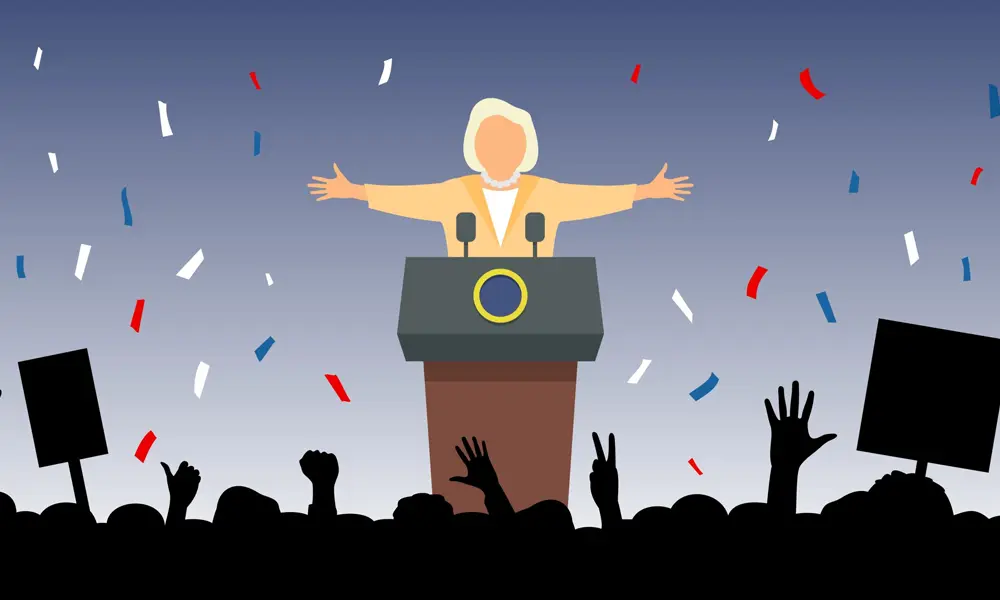Beyond the Boundary: Exploring the Nexus of Cricket and Politics

In the realm of international sport, where competition and camaraderie collide on the field of play, cricket has emerged as more than just a game—it is a powerful force that intersects with the complex world of politics and governance. From diplomatic gestures to nationalist fervor, cricket has played a central role in shaping political narratives, forging national identities, and even influencing geopolitical relations between nations. In this blog, we delve into the intriguing relationship between cricket and politics, exploring the ways in which the sport transcends boundaries and becomes a conduit for diplomatic maneuvering, cultural exchange, and national pride.
Cricket Diplomacy: Building Bridges Between Nations
Throughout history, cricket has served as a vehicle for diplomacy, allowing nations to engage in friendly competition and foster goodwill on the international stage. From high-profile tours between rival nations to bilateral agreements and cultural exchanges, cricket has facilitated dialogue and understanding between countries, transcending political differences and building bridges where diplomacy alone may have faltered. Examples include the 2004 tour of Pakistan by the Indian cricket team, which helped thaw relations between the two nations, and the 2005 "Cricket for Peace" initiative between India and Pakistan, which aimed to promote reconciliation and mutual understanding through the sport.
Nationalism and Identity: Cricket as a Reflection of Society
Cricket's influence extends beyond the realm of diplomacy to encompass broader questions of national identity and pride. In many cricket-playing nations, the sport serves as a powerful symbol of cultural heritage and collective identity, uniting people from diverse backgrounds under a common banner of national pride. From the passion and fervor of fans in India during an India-Pakistan match to the jubilant celebrations in the streets of Australia after a successful Ashes series, cricket has the power to evoke strong emotions and foster a sense of belonging that transcends political divides.
Sporting Boycotts and Political Statements: The Power of Protest
At times, cricket has also been used as a tool for political protest and activism, with players and teams leveraging their platform to draw attention to social and political issues. One notable example is the sporting boycott of South Africa during the apartheid era, which saw the country isolated from international cricket as a form of protest against its discriminatory policies. More recently, cricketing figures such as England's Moeen Ali and West Indies' Darren Sammy have used their public profiles to speak out against racism and injustice, highlighting the potential of sport to effect positive change in society.
Geopolitical Tensions: Cricket as a Battleground for Rivalries
Despite its potential for diplomacy and cooperation, cricket has also been a battleground for geopolitical rivalries and tensions between nations. Matches between India and Pakistan, for example, are often fraught with political significance and nationalist fervor, reflecting the long-standing animosity between the two countries. Similarly, cricketing contests between England and Australia in the Ashes series are steeped in historical rivalry and cultural significance, serving as a proxy for broader tensions between the two nations.
Conclusion: Cricket's Dual Role in Politics and Sport
As we reflect on the intersection of cricket and politics, it becomes clear that the sport occupies a unique space in the global landscape, simultaneously serving as a source of unity and division, cooperation and conflict. From diplomatic gestures to nationalist fervor, cricket has the power to shape political narratives, forge national identities, and even influence geopolitical relations between nations. Yet, amidst the complexities and contradictions of its political entanglements, cricket remains a symbol of hope and unity—a game that transcends borders and brings people together in the spirit of competition and camaraderie.

